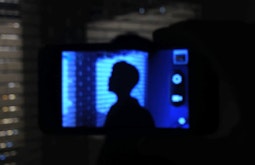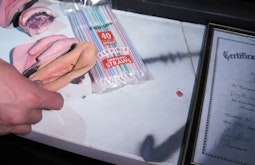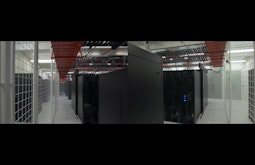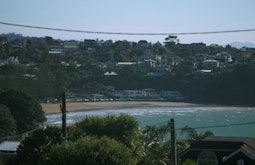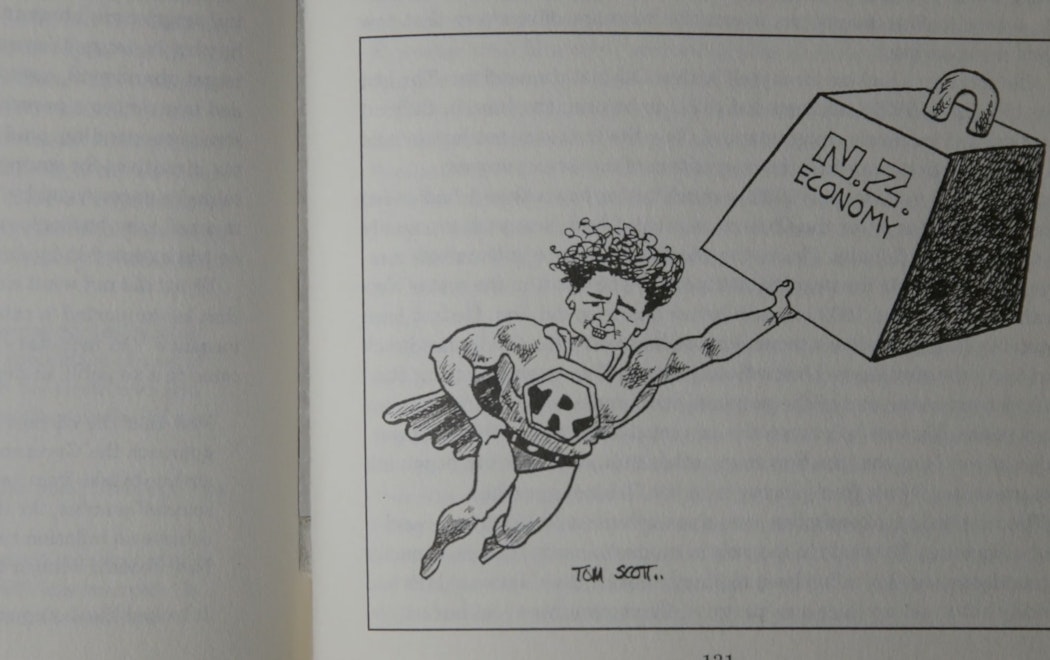The past is a foreign country: they do things differently there.
—L. P. Hartley, The Go-Between (1953)
Ian Fraser quotes this line in the final episode of the 1996 documentary series Revolution, which discusses the free-market reforms instituted by the Fourth Labour and National Governments in the 1980s and early 1990s. In the context of the programme, the quotation evokes the gulf that separates the New Zealand of the earlier 20th century—with its tightly managed economy and relatively high employment, but often stultifying parochialism—and that of 1996—economically liberal, more outward-looking and competitive, but arguably less equal.
Today, the quotation takes on a new meaning, for the 'revolution' itself now feels remote, the more to someone like me who was born into it, growing up with its effects as the furniture of daily life. And yet, as I have come of political age, I have developed a fascination with New Zealand’s liberalisation project, with reforms so enthusiastic and rapid that they overtook those of Thatcherite Britain. I am not alone in my interest. A number of younger writers and artists are exploring the project and its ongoing legacy in this country—Andrew Dean, for instance, in his 2016 book Ruth, Roger and Me, Tim Wagg in the present work.
1991 centres on Ruth Richardson, Minister of Finance for the National Government from 1990 to 1993. Its title reflects the year Wagg was born and when Richardson issued her famous 'Mother of All Budgets', which included cuts to social welfare benefits, the tightening up of eligibility criteria for student allowances, and the introduction of new user-pays systems in healthcare. At the same time, the deregulation begun by Roger Douglas and the Labour Government was cemented and extended, perhaps most notably with the creation of the Employment Contracts Act (1991).
In the video, Richardson speaks passionately about her role as a 'disruptor'. She suggests that it was essential that New Zealand transition from a protectionist welfare state to an open and fiscally conservative economy, and reveals her belief in the capacity of the individual to self-determine, the community to self-regulate, and innovation to overcome obstacles—a philosophy reflected in her current work in the private sector. She does not appear on screen. Instead, we see shots of her house and garden, of a biotechnology company with which she is involved, and of a printer producing a 3D version of a weight—representing the New Zealand economy—that features in a Tom Scott cartoon, the original of which she owns.
1991 does not assume an overt position with respect to Richardson, her actions, or her views. Nor does it deliver its own campaign message. In attempting to comprehend the past, Wagg is less interested in reducing it down than in teasing out its texture, throwing the caricature into relief that we may better appreciate our present and better prepare ourselves for our future.
—Francis McWhannell
Text originally commissioned by the Adam Art Gallery for The Tomorrow People, 2017.
